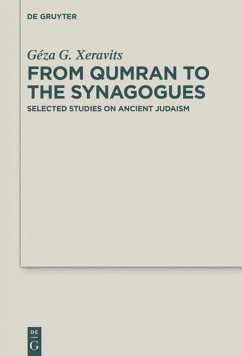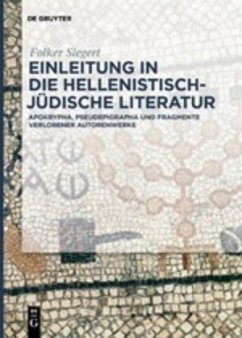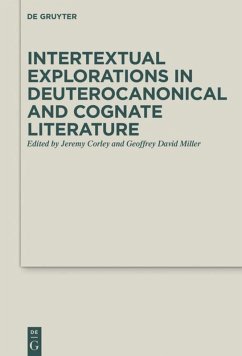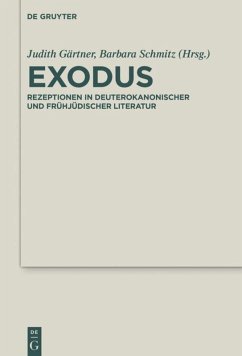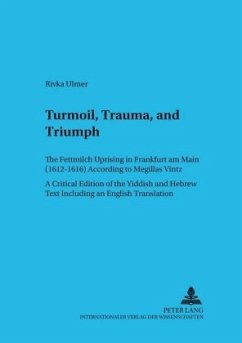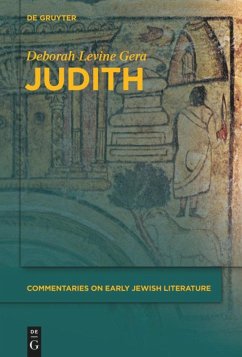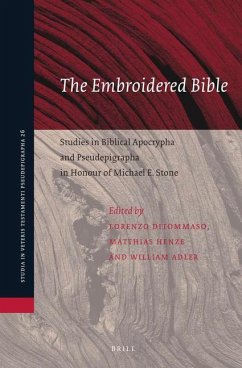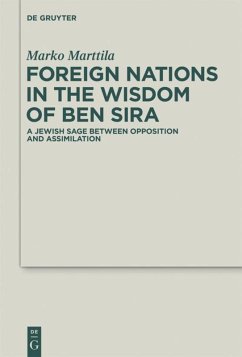Nicht lieferbar
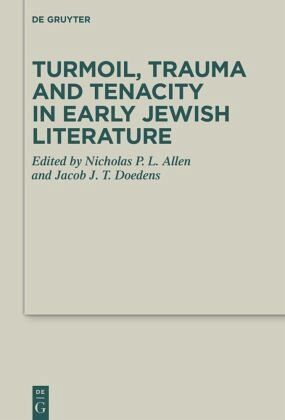
Turmoil, Trauma and Tenacity in Early Jewish Literature
Versandkostenfrei!
Nicht lieferbar
This volume is written in the context of trauma hermeneutics of ancient Jewish communities and their tenacity in the face of adversity (i.e. as recorded in the MT, LXX, Pseudepigrapha, the Deuterocanonical books and even Cognate literature. In this regard, its thirteen chapters, are concerned with the most recent outputs of trauma studies. They are written by a selection of leading scholars, associated to some degree with the Hungaro-South African Study Group. Here, trauma is employed as a useful hermeneutical lens, not only for interpreting biblical texts and the contexts in which they were o...
This volume is written in the context of trauma hermeneutics of ancient Jewish communities and their tenacity in the face of adversity (i.e. as recorded in the MT, LXX, Pseudepigrapha, the Deuterocanonical books and even Cognate literature. In this regard, its thirteen chapters, are concerned with the most recent outputs of trauma studies. They are written by a selection of leading scholars, associated to some degree with the Hungaro-South African Study Group. Here, trauma is employed as a useful hermeneutical lens, not only for interpreting biblical texts and the contexts in which they were originally produced and functioned but also for providing a useful frame of reference. As a consequence, these various research outputs, each in their own way, confirm that an historical and theological appreciation of these early accounts and interpretations of collective trauma and its implications, (perceived or otherwise), is critical for understanding the essential substance of Jewish cultural identity. As such, these essays are ideal for scholars in the fields of Biblical Studies-particularly those interested in the Pseudepigrapha, the Deuterocanonical books and Cognate literature.




